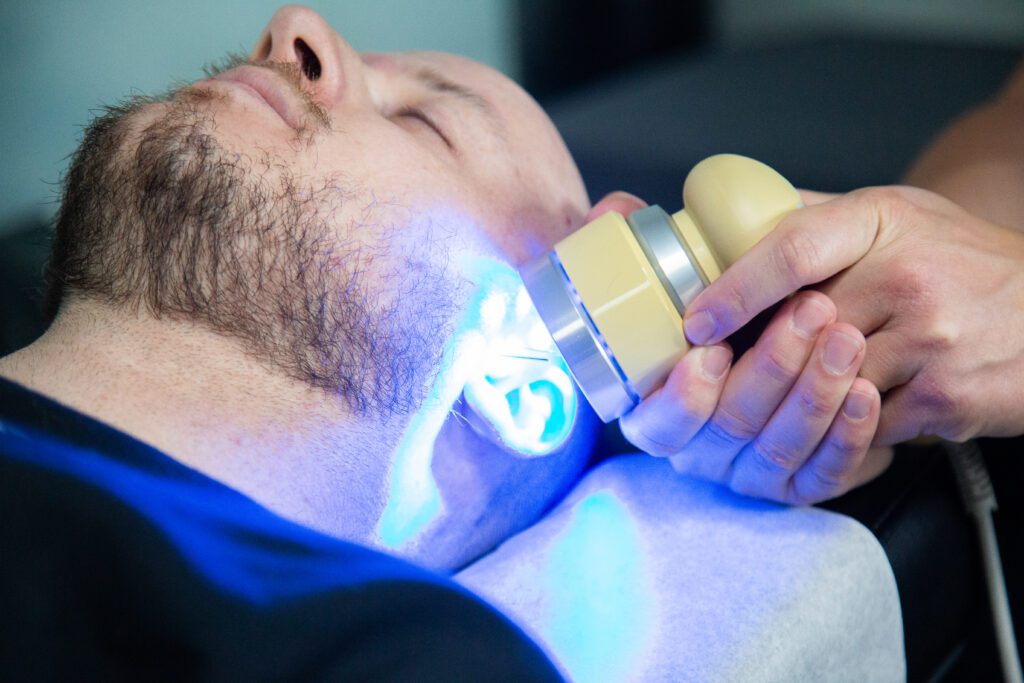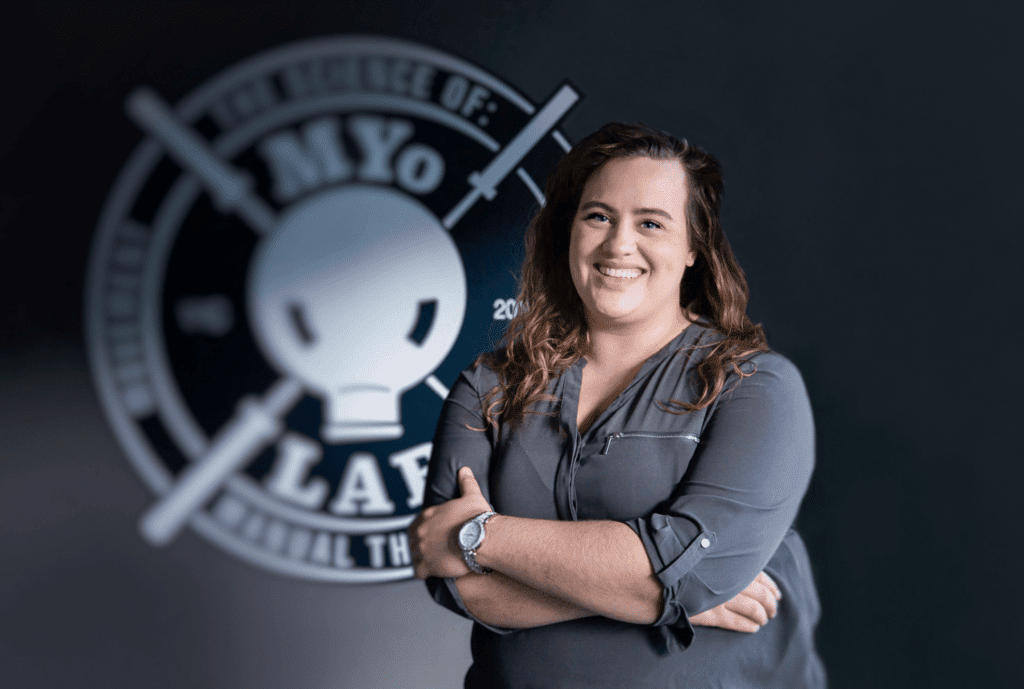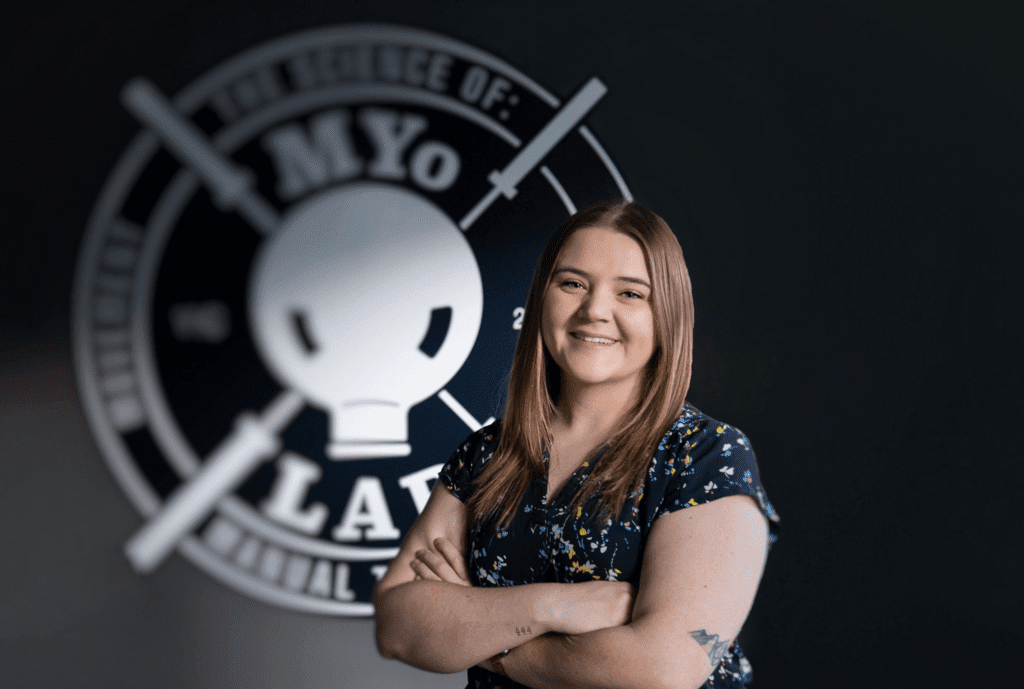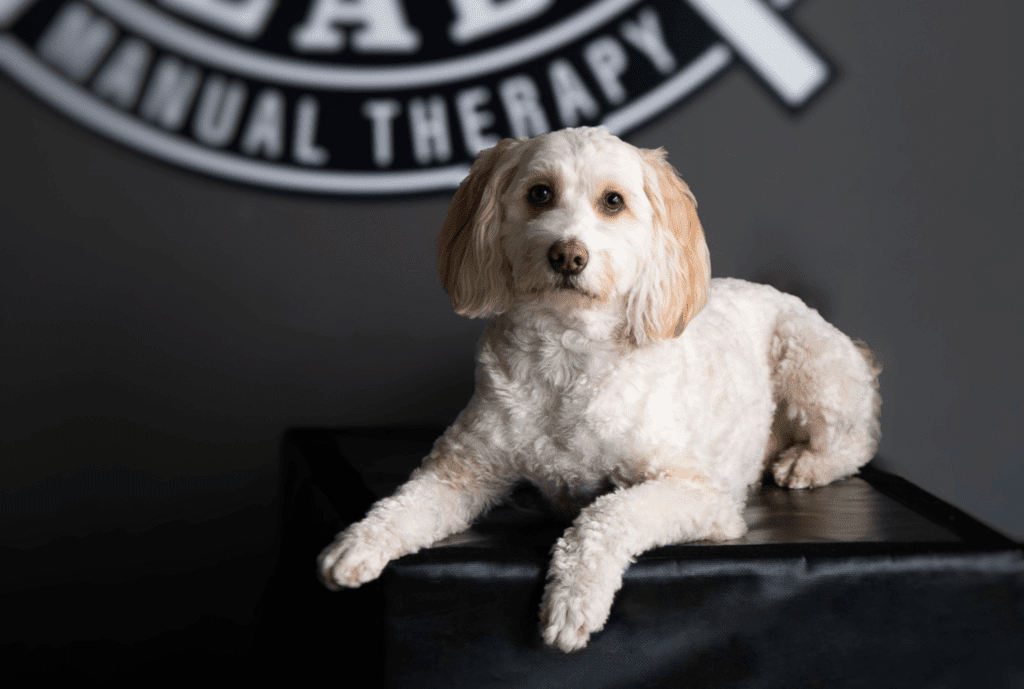Jaw pain can be caused by various factors, including:
- Temporomandibular joint (TMJ) dysfunction (TMD): TMD is the most common cause of jaw pain, with 8–12 percent of Canadians dealing with it. And yet more than 30 percent of people with TMD are still in pain five years after being diagnosed.
- Dental issues: Tooth decay, gum disease, abscesses, or dental injuries can cause jaw pain, especially if the pain is localized to a specific tooth or area of the mouth.
- Bruxism (teeth grinding): Grinding or clenching the teeth, especially during sleep, can lead to muscle tension and jaw pain.
- Trauma: Injuries to the jaw, such as fractures or dislocations, can cause significant pain and difficulty with jaw movement.
- Arthritis: Conditions like osteoarthritis or rheumatoid arthritis can affect the temporomandibular joint, resulting in jaw pain and stiffness.
- Sinus problems: Sinus infections or inflammation can cause referred pain in the jaw area, particularly in the upper jaw.
- Stress and tension: Emotional stress or tension can lead to jaw clenching or muscle tightening, contributing to jaw pain.
Sign and Symptoms
Depending on the underlying cause, symptoms of jaw pain and TMJ disorders may include:
- Headache
- Earache
- Facial swelling
- Difficulty opening or closing the mouth
- Pain while chewing
- Popping sensation in the jaw joint
How is TMJ Diagnosed?
TMJ Dysfunction is typically diagnosed through a thorough medical history assessment and a physical examination. During the examination, tenderness and clicking sensations in the joint and muscles can often be detected through palpation. We’d also see asymmetrical movement of the joint and an underlying misalignment of the teeth (malocclusion). It’s worth noting that symptoms often stem from muscle issues, and abnormalities may not always be visible on dental X-rays.
Chiropractic Approach to Treating Jaw Pain and TMJ Disorders
Chiropractors typically approach treating jaw pain through a combination of manual techniques, exercises, and lifestyle modifications.
Assessment: First, your Chiropractor will begin by conducting a comprehensive assessment of your jaw to identify the underlying causes of the pain. This may involve evaluating the alignment and movement of the jaw, neck, and spine, as well as assessing muscle tension and joint function.
Adjustments: Next, we may suggest Chiropractic adjustments, also known as spinal manipulations. This involves applying gentle pressure to specific joints to improve alignment, mobility, and function. There’s a direct connection between the upper joints of the neck and the jaw, and addressing the tension in your neck can also make your jaw feel better.
For jaw pain, Chiropractors may suggest adjustments directly to the temporomandibular joint (TMJ) or manipulate the cervical spine to address any misalignments or dysfunction that could be contributing to the discomfort.
Soft Tissue Therapy: Chiropractors may also suggest soft tissue techniques such as massage, myofascial release, or trigger point therapy to help relax tight muscles and reduce tension in the jaw area. This can help alleviate pain and improve range of motion in the jaw joint.
Another cause of jaw discomfort could be posture issues. Your Chiropractor could educate you on self-care techniques such as exercises and stress management.




